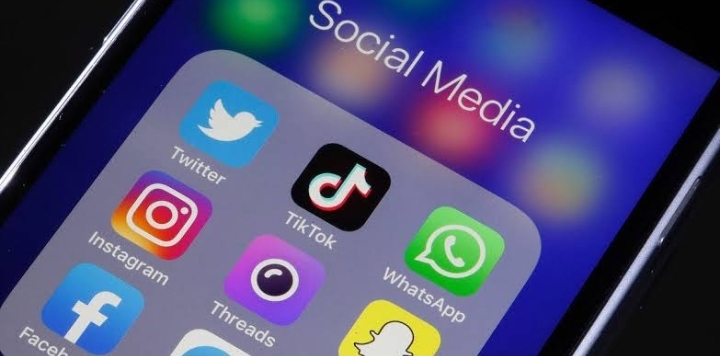Foreign students applying to study in the United States may now face increased scrutiny of their social media accounts, following a new directive from the Trump administration.
According to a media report that obtained a government cable signed on Tuesday, U.S. embassies and consular sections have been instructed to halt the scheduling of new interviews for student visa applicants while preparations for enhanced social media vetting are underway.
The directive is expected to impact thousands of international students—particularly from Africa and regions like Nigeria—who view the U.S. as a top destination for higher education. It could also pose challenges for American universities that rely significantly on international tuition revenue.
The cable, signed by Secretary of State Marco Rubio, states:
“Effective immediately, in preparation for an expansion of required social media screening and vetting, consular sections should not add any additional student or exchange visitor (F, M, and J) visa appointment capacity until further guidance is issued septel, which we anticipate in the coming days.”
(“Septel” is State Department shorthand for “separate telegram.”)
This development comes just weeks after dozens of international students had their U.S. visas revoked without formal explanation.
The Trump administration had previously mandated social media screening—mainly targeting returning students believed to have taken part in protests against Israel’s actions in Gaza. The latest directive does not clearly define what criteria will be used in the new vetting process but reaffirms previous executive orders focused on national security and combating antisemitism.
Some of these measures have reportedly been enforced with particular intensity at institutions like Harvard University, which is currently engaged in a funding dispute with the federal government.

